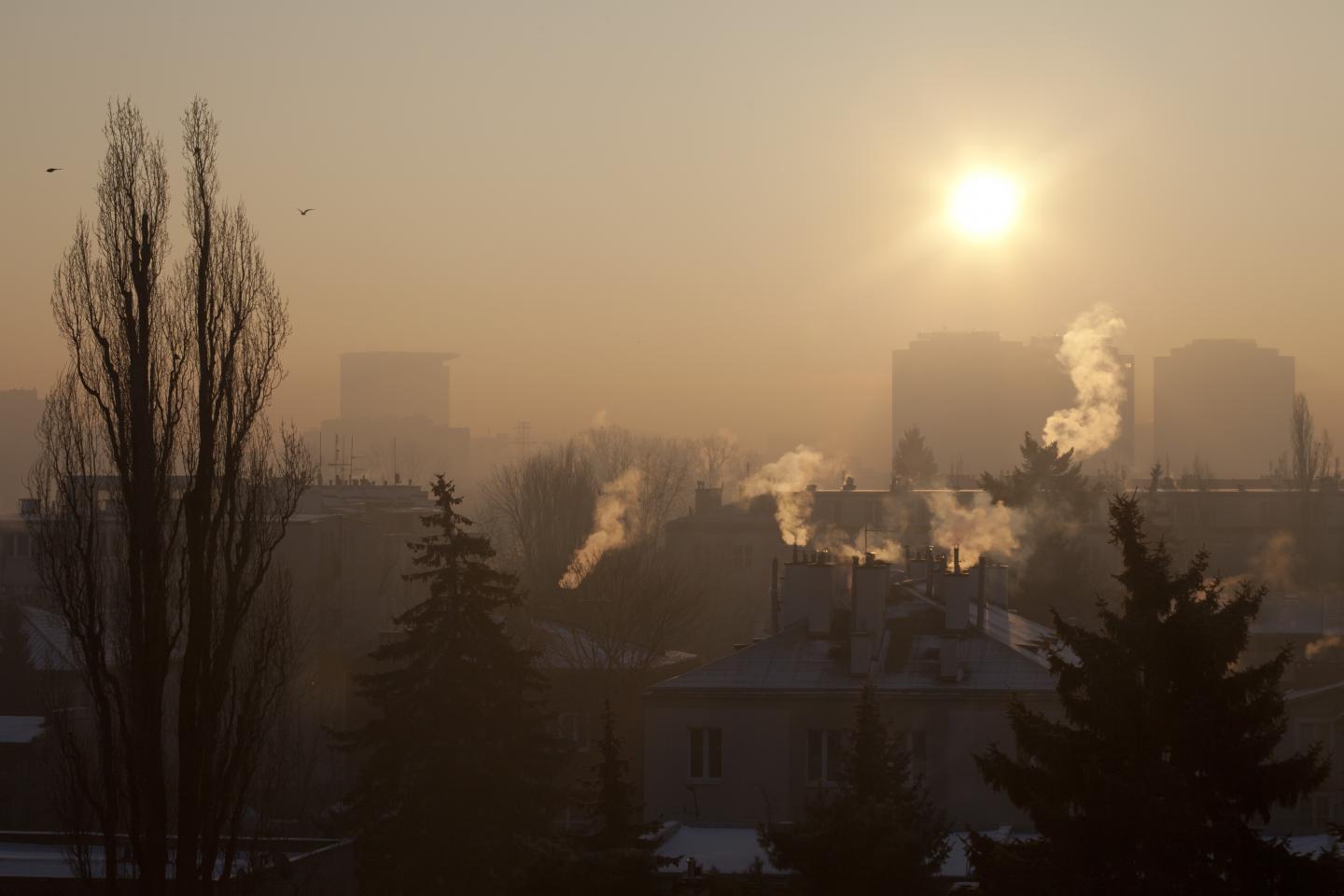Today, outdoor air pollution is one of the biggest contributor to indoor air pollution, but high-efficiency particulate air (HEPA) filters that are used inside homes can lead to a significant reduction in fine-particulate matter in the air as compared to the non-HEPA air filters, reports a new two-year study, which was led by researchers at Intermountain Healthcare in Salt Lake City.
For the study, researchers kept a check on air quality for 12 weeks in the homes of enrolled patients who suffered from respiratory problems. They discovered that the HEPA filters had reduced fine particulate matter by a whopping 55 percent and the particulate pollution from outside that was coming inside was reduced by 23 percent.
Fine-particulate matter, which is also known as PM2.5, are extremely small airborne particules that are often found in areas with high air pollution levels. If inhaled, these particles can lead to various respiratory problems, heart attacks, or make the symptoms of people who already have respiratory problems like chronic obstructive pulmonary disease or asthma even worse.
“One of the reasons we wanted to research the effectiveness of HEPA air filters in the home is because people often ask what they can do to protect their lungs during poor air quality days,” said Denitza Blagev, MD, pulmonary researcher at Intmountain Medical Center in Salt Lake City. “We found that running a stand-alone in-home HEPA filter and having the windows in the home closed can provide cleaner air inside the home, especially when outdoor air is so poor.”
Results of the study were presented recently at the European Respiratory Society’s International Congress in Paris.
The study involved 30 participants and the results showed that when HEPA filters were used during the winter inversion months in Utah, only five percent of the outdoor air PM2.5 devoted to the indoor air quality, compared to 28 percent when the HEPA filters weren’t employed.
“Our next steps will be to look at whether the HEPA filter cleans the indoor air enough to help alleviate symptoms in patients with COPD or asthma during poor air quality days,” added Dr. Blagev. “We often encourage our patients with respiratory illnesses to stay indoors on days when PM2.5 is high outdoors, but we hope to identify ways to help improve the indoor air quality and relieve symptoms in our patients, which will protect our lungs from dangerous air pollutants.”
Dr. Blagev notes that although the HEPA filters help reduce PM2.5 inside people’s homes, we all should still make significant efforts to improve the overall outdoor air quality in our communities.

